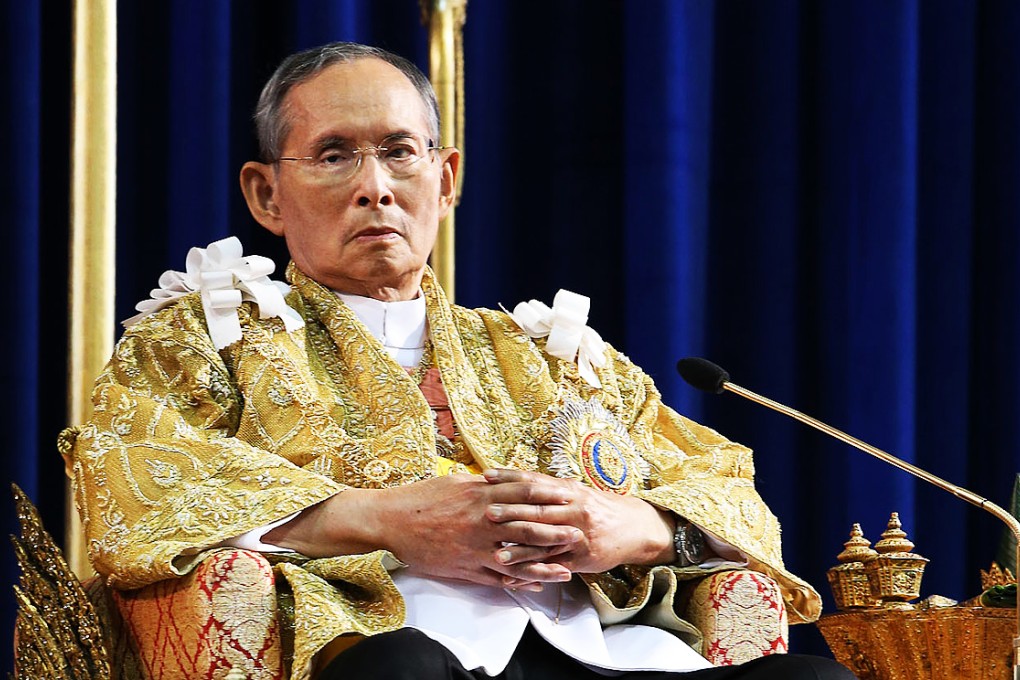Thai lèse-majesté cases have surged since coup, Amnesty says
14 Thais charged with lèse-majesté since army coup in May, Amnesty says

An "unprecedented" number of people have been charged with insulting Thailand's monarchy since the coup, Amnesty International said yesterday, with 14 Thais indicted under the controversial lèse-majesté law in less than four months.
Revered King Bhumibol Adulyadej, 86, is protected by one of the world's toughest royal defamation laws - anyone convicted of insulting the king, queen, heir or regent faces up to 15 years in prison on each count.
"An unprecedented number of people have been charged with lèse-majesté offences ... with 14 charges or prosecutions initiated since the coup," Amnesty said in a report about rights since the military takeover on May 22.
The rights group said commentators calling for reform of the law or those previously jailed for royal defamation "appear to have been targeted" in the lists of people the junta required to report to them after seizing power.

In another recent case, a 28-year-old musician was sentenced to 15 years in jail for writing insulting Facebook posts about the monarchy between 2010 and 2011.